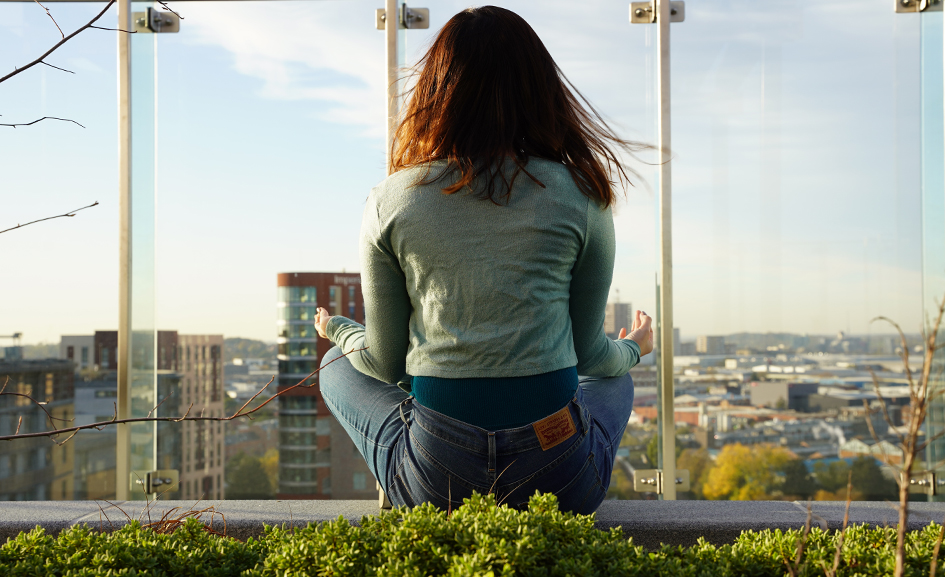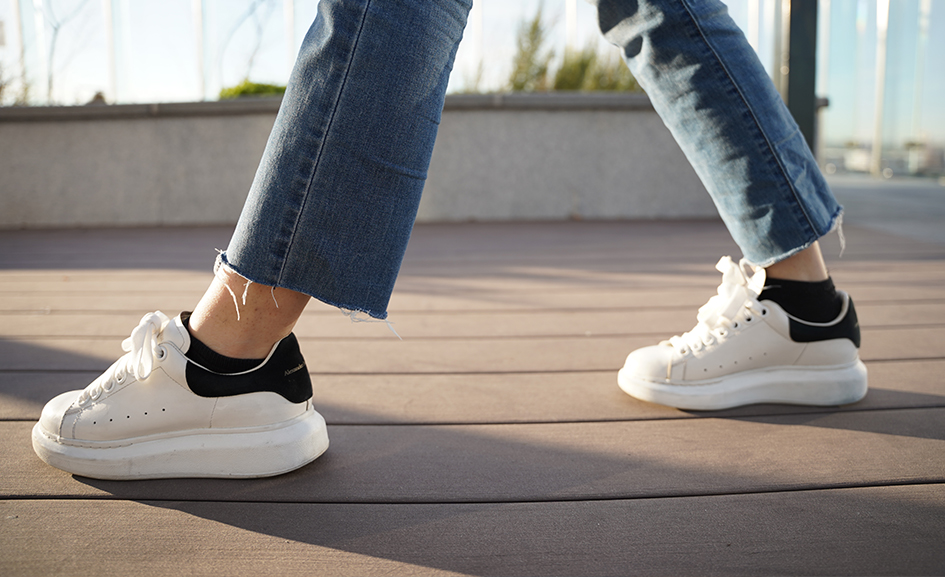England has gone into another, month-long lockdown. This is going to be a difficult and emotional time for many of us, so it’s more important than ever to support each other and be kind to ourselves.
This is a quick guide to measures in place across the UK, and what we can do to keep ourselves healthy and happy through this trying period.
Measures by country
England
Following scientific predictions on COVID19 transmission, England has gone into a new lockdown set to last from 5th November – 2nd December. The government has announced that we must stay at home as much as possible, except to complete necessary tasks such as shopping for essentials, withdrawing money, or accessing public services (such as going to the doctor’s.) It’s possible to go outside to exercise and to do so with members of your household, with members of your support bubble, or – when on your own – with one person from another household. For further details please refer to the government website, and be aware that these measures are enforceable by law, and the police have the power to levy fines.
Scotland
Scotland is currently operating a Tiered system depending on the severity of risk in different areas. To find out what tier your area is in please refer to the government website or check this map.
As a general rule, the mid-band of Scotland (including Glasgow and Edinburgh) is currently in ‘Tier 3’ which means pubs and restaurants are unable to serve alcohol and require to close at 18:00. All events are canceled, and entertainment and leisure facilities are closed. The ‘rule of six’ applies for meeting other people, although non-essential use of public transport is heavily discouraged and non-essential travel out of the area, or into another Tier 3 area is not allowed.
Be advised that this is subject to change, given the English lockdown coming into effect.
Wales
Wales is currently in a ‘firebreak’ lockdown that began on the 23rd of October and will end on the 9th of November (Monday). However, it is likely other measures will be put in place once this ends. During this period the government asks everyone to remain at home, except to shop for essentials, exercise (by yourself or with who you live with), and access public services (like going to the doctor’s). You cannot meet other households unless you live alone or are a single-parent – in which case you can make a temporary ‘extended’ household with one other house. For further details please refer to the Welsh government’s website, and be aware that these measures are enforceable by law, and the police have the power to levy fines.
Northern Ireland
Northern Ireland is not currently in lockdown, however, restrictions have been in place since 16th October and are set to last another two weeks. Under current restrictions, you cannot meet with other households in private residences indoors, and the ‘rule of six’ applies to meeting in gardens. Hospitality venues including pubs and restaurants are operating for takeaway only, and museums and other cultural attractions are closed. For full details about the restrictions please refer to the government website and restrictions questions and answers here.
What Does This Mean For People With Parkinson’s
People with Parkinson’s are classed as ‘clinically vulnerable’ as Parkinson’s is among the conditions listed as chronic neurological conditions. According to Parkinson’s UK, there is no increased risk of contracting coronavirus if you have Parkinson’s, however, there is an increased risk of serious illness if you do catch Coronavirus, due to the breathing and respiratory difficulties that often accompany Parkinson’s disease.
Additionally, anyone over the age of 70 is automatically considered ‘clinically vulnerable’ due to the average health risks associated with this age bracket.
What is required
Please follow the rules and observe the advice given by your country’s government.
What is recommended
If you have Parkinson’s disease, please be especially careful to follow the rules and minimise contact with others as much as possible. If possible, have someone shop for essentials on your behalf or use online shopping with the option for delivery.
Continue to observe good hygiene; wash your hands and sanitise frequently touched areas in your home more often and be sure to take proper precautions if you do have to leave your house.
However, please DO keep Doctor’s appointments (unless instructed otherwise) and contact the health services if you feel unwell or have an accident. The idea of the lockdown is to make sure the NHS can continue to treat serious and non-serious conditions throughout the pandemic, without being overwhelmed. Your health is important, and the NHS is there to support you.
Please DO NOT stop taking medication if you fall ill, unless otherwise instructed by your Doctor.
Looking After Your Wellbeing
Although another lockdown has been deemed necessary, we know that these periods can be extremely trying, and detrimental for physical and mental health. It is absolutely paramount that we look after ourselves during this time and reach out for help when we need it.
Other organisations have already produced great guides on how to maintain your wellbeing, we’ve gathered them here in the hope they could be helpful to you:-
Parkinson’s UK has a very comprehensive guide to managing your mental health during the pandemic. The article covers how to keep yourself in a stable routine, how to keep in contact with people, how to keep yourself engaged in activity, and how to deal with mental health problems if they do arise.
The charity Mind has a general guide to looking after your wellbeing
The Red Cross has a helpful guide to dealing with Loneliness during this time

Here are some quick suggestions from us at Charco :)
Staying Connected
Although we have to stay at home this month, we’re social beings, and it’s important we keep talking to each other and keep up our connections.
Video calls can be a great way to keep social, as you can see as well as hear the person. Video-chat with your family, have a zoom call with your community groups or join in on group quizzes or activities online. Check the Facebook groups of your local community, or Parkinson’s support group – they are bound to be organising events across this period :) If you aren’t confident about how to set up video calls, here is a handy guide.
Written communication is also a good way to keep up contact. Online forums or Facebook pages allow you to message people with similar interests. Try searching for fellow hobbyists to share your enthusiasm with. Seeing people face-to-face is sometimes needed and if you do so please remember to follow the recommended social distancing guidelines (2m apart) and wear a mask if possible.
If you feel you have no-one to talk to, Parkinson’s UK has a help-line available and will be happy to advise and reassure. You can call 0808 800 0303 to get in touch with them. Alternatively, we at Charco are here for you and would always love to hear from you :)! Please join our Facebook page to keep up-to-date with what we do, to join discussions, and connect with the wider Parkinson’s community.
Keeping Healthy
It’s important to exercise during the lockdown, especially for people with Parkinson’s. We know 2.5 hours of exercise a week can slow the progression of symptoms and also helps manage problems with fatigue, mood, and mental health.
It’s a great way to get some fresh air, which is additionally beneficial for mental and physical wellbeing for yourself, but it’s possible to stay active from home too. Please only exercise outside if you know it is safe to do so, and if it’s necessary for your morale. If you have a garden, this would be the ideal place to get fresh air.

Parkinson’s UK has a great, very-comprehensive guide to exercising with Parkinson’s on their website. There you can find many links to different resources and advice on the type of exercise to perform, given your level of symptoms.
For every person, what works for them is going to be different. The only universal advice is this: just go for it!
Keeping An Active Mind
Keeping our minds active is as important as exercise. It’s useful to have something to concentrate on to get through this period, and exercising the intellect is key to a long, happy life.
We might find ourselves with a lot of extra time this next month, but it can be put to good use; here are some suggestions:-
Return to academics by sitting an online course.
Nowadays many organisations have free-to-access courses online on a range of topics. Learning about something new, or furthering knowledge in an already established interest is a great way to keep things interesting and to challenge your cognitive abilities.
Havard courses – https://www.edx.org/school/harvardx
Open University – https://www.open.edu/openlearn/free-courses/full-catalogue
FutureLearn – https://www.futurelearn.com/courses
Learning a language.
Language learning is a unique and rewarding pastime potentially with neuroprotective benefits. Learning a new language could help slow dementia and may also help boost memory and reasoning.
Here is a list of free resources for learning a language, so there’s no excuse not to brush up on that O-level French!
Keeping your mind active doesn’t have to be so formal. Puzzles, word-games, and riddles can are also a great way to pass the time and challenge yourself. Alternatively, exercise your creative energies with some arts and crafts, or treat your taste-buds by learning to cook something new.

In fact, keeping active doesn’t have to involve anything new at all. With an open mind, perhaps get round to that long-niggling repair that needs doing, or finally figure out how to use that gadget lying around!
Keeping Calm
We can’t be busy all the time, and through this lockdown period, it’s important to treat ourselves with kindness. Be sure to take time for self-care; reading, relaxing, and re-visiting old interests.
If people are alone for a long time, the mind tends to start whirring. Practices such as meditation and mindfulness can help us re-examine how we view our thoughts and feelings, so they don’t affect us so strongly. There is plenty of information out there about mindfulness, you can visit charity Mind, to read a guide to what mindfulness is, and how to use it to feel calmer and more stable. Parkinson’s UK even has a 15-minute introductory meditation, especially for people with Parkinson’s. We also have an article about the effectiveness of meditation and proper nutrition on our website.
If you are struggling with mental health, please don’t hesitate to ask for help. The government has recently launched it’s ‘Every Mind Matters’ Campaign, where you can read their advice, and contact them for help if needed.
It’s worth bearing in mind that most people will suffer at least some symptoms of anxiety and depression across this period – and that mental health conditions are common, and not to be ashamed of. Please seek help if you think you need it, you are not alone.
Although we at Charco are not trained therapists, we are always here and happy to talk with you, so please do message us. :)
Author: Tom Lee
Photo Credit: Soha Ayaz